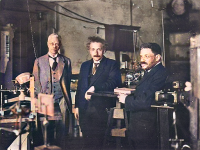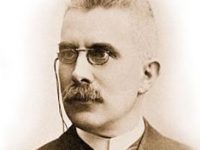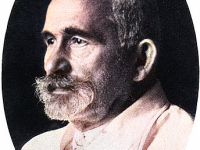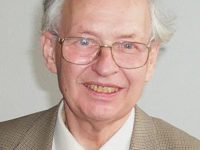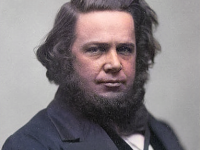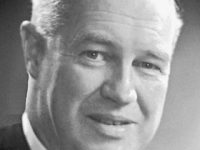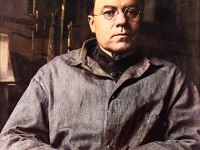Pieter Zeeman and the Zeeman Effect
On October 9, 1943, Dutch physicist Pieter Zeeman passed away. Zeeman shared the 1902 Nobel Prize in Physics with Hendrik Lorentz for his discovery of the Zeeman effect, the effect of splitting a spectral line into several components in the presence of a static magnetic field. Youth and Education Pieter Zeeman was born on 25 May 1865 in Zonnemaire, a small town on the island of Schouwen-Duiveland, Netherlands, to Catharinus Forandinus Zeeman, a minister of…
Read more

